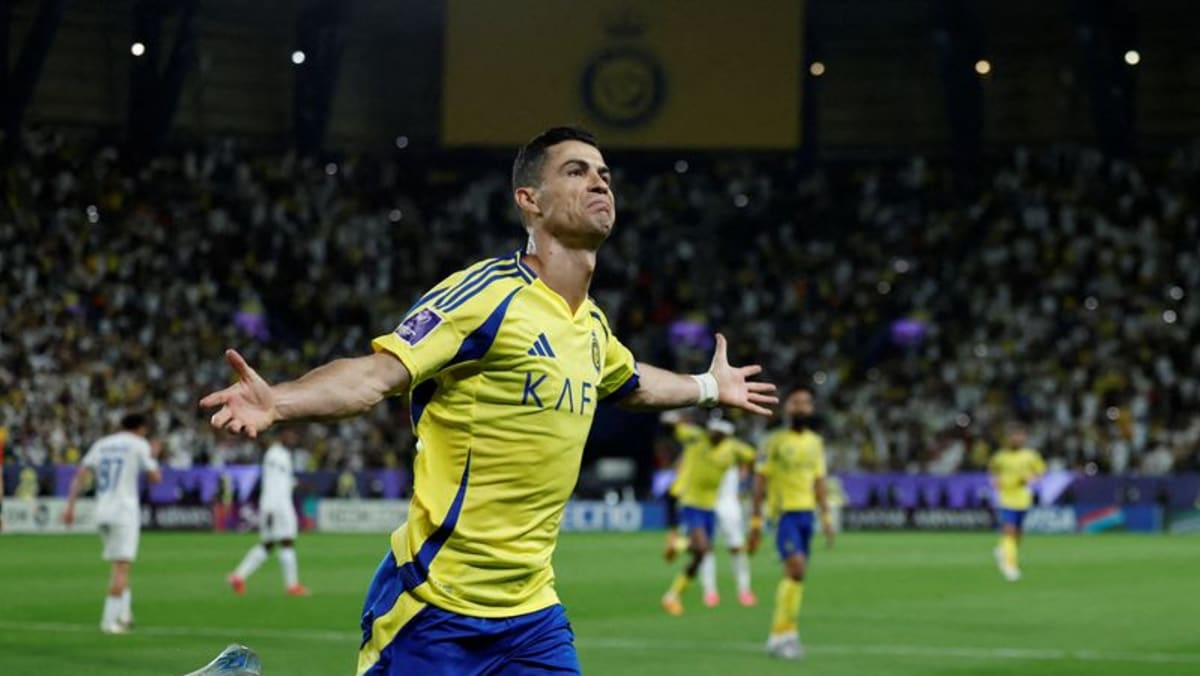From Ronaldo to Hamilton, sport's elite defy their age

Age is Just a Number: The Rise of Longevity in Elite Sports
Defying Father Time: Modern Athletes Redefining Peak Performance
Cristiano Ronaldo, a goal-scoring machine at 40. Lewis Hamilton, still chasing Formula One glory at the same age. LeBron James, shattering NBA scoring records as he enters his forties. These aren't outliers; they're symbols of a revolution in sports, where age is increasingly irrelevant.
Athletes are performing at astonishing levels later in their careers, defying conventional wisdom about aging and athletic decline. What was once considered retirement age is now a new prime, a testament to the advancements in sports science, training, and nutrition.
The Science of Staying Power: How Athletes Are Extending Their Careers
Experts point to a confluence of factors contributing to this phenomenon. From cutting-edge training regimes and recovery techniques to personalized nutrition plans and a deeper understanding of mental well-being, athletes are now equipped with the tools to maximize their longevity.
"A whole constellation of factors...it's like pouring gasoline," explains Dr. Marc Bubbs, a Canadian performance nutritionist and author of "Peak." He highlights the multifaceted approach that fuels this extended peak performance.
Nutrition, in particular, has undergone a radical transformation. Athletes are meticulously curating their diets, often with the help of personal chefs, prioritizing high-quality ingredients and tailored meal plans, like Lewis Hamilton's plant-based approach. "They should be getting injured more, but they aren't," observes Bubbs, emphasizing the positive impact of improved health on older athletes.
From Soccer Fields to Tennis Courts: Age is No Barrier
This trend is evident across various sports. In European soccer's top leagues, the number of over-35 players has exploded in recent years, a stark contrast to previous decades. In tennis, legends like Novak Djokovic, Rafael Nadal, and Roger Federer dominated the sport well into their thirties, inspiring a new generation.
Djokovic, still competing at an elite level at 37, credits advances in nutritional science, particularly his switch to a gluten-free diet, as a pivotal factor in his sustained success. "Suddenly there was an X factor, a change in my diet that allowed my body to perform the way it was meant to," he wrote in his book "Serve to Win."
Both men's and women's tennis rankings reflect this shift, with a growing number of players over 30 competing at the highest levels. Tatjana Maria and Laura Siegemund, both 37, stand as testaments to the expanding window of peak performance in women's tennis.
Money and Motivation: The Fuel for Extended Careers
Financial incentives, coupled with increased investment in sports infrastructure, play a significant role. The NBA, for instance, sees teams pouring vast sums into state-of-the-art training facilities, equipped with cutting-edge technology to optimize player performance and recovery.
These investments offer a stark contrast to the more rudimentary facilities of past eras. "The environment you are in is one of the most important things to make people change their behaviours," adds Bubbs, underscoring the impact of these advanced facilities.
LeBron James, the NBA's all-time leading scorer, exemplifies this dedication to longevity, meticulously caring for his body with therapies like hyperbaric oxygen to aid recovery. "Our mindset has totally shifted... I think you are seeing the Bannister effect for aging," notes Steven Kotler, an author on human performance, drawing parallels between later-life athletic breakthroughs and Roger Bannister's groundbreaking sub-four-minute mile.